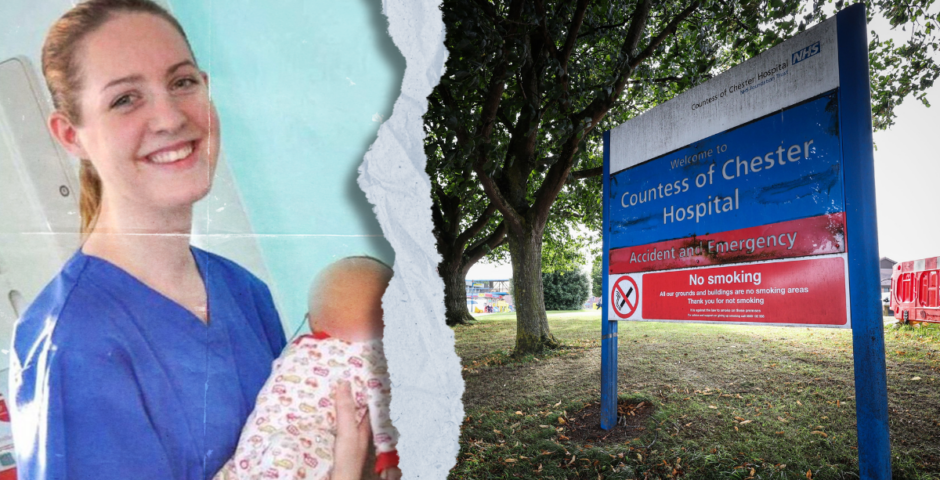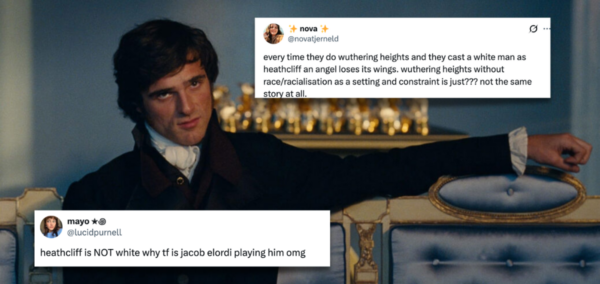
UCLan placed on Home Office ‘action plan’ for breach of student visa sponsor requirements
The university must take specific actions assigned by the Home Office to retain its licence
The University of Central Lancashire has been placed on an “action plan” by the Home Office for breaching student visa sponsorship requirements.
Institutions are placed under an “action plan” when they have “committed a breach, short of a serious breach” of student visa sponsorship guidelines.
In accordance with Home Office guidelines, UCLan will be given specific actions to take by a given review date to avoid losing its licence to sponsor students studying on a visa.
UCLan must also pay a fee to receive this action plan, or otherwise lose their license. The UK government website places action plan fees at £1,476.
UCLan’s action plan status is posted on the UK Visa and Immigration (UKVI) website.
The Home Office states that action plans give sponsors “an opportunity to improve [their] processes in order to avoid any further breaches” and “ensure that it does not become necessary for UKVI to revoke [their] licence[s].”
The UK Government also website names three core requirements for a visa sponsor such as UCLan; a visa refusal rate of less than 10 per cent, a course completion rate of at least 85 per cent and an enrolment rate of at least 90 per cent.
A breach of these requirements can lead to a sponsor failing a Basic Compliance Assessment.
The specific breach or reason for UCLan being placed under an action plan is currently undisclosed, as are the specific effects of this.
UKVI has the authority to place limitations upon a university under an action plan, such as limiting the number of Confirmation of Acceptance for Studies (CAS) it can accept. If this is the case for UCLAN, the university may be prevented from accepting international students for study until the action plan is lifted.
Most Read
According to UKVI guidelines, UCLan will be expected to keep students informed of how this action plan may effect them.
The UK Government website also states that if a sponsor’s license is revoked (which could happen if the requirements of an action plan aren’t met), UKVI would “consider whether to allow some or all of the sponsor’s students to continue to be taught by the sponsor for a limited period.”
In this case, UKVI would take into consideration the sponsor’s “previous history and compliance record,” whether its license was revoked due to dishonesty or inability to manage its students, any concerns over the sponsor’s educational standards, the number of students the sponsor teaches and the proximity of the student to the end of their studies, among other reasons.
UCLan has been contacted for comment but has not yet responded.
Featured image via University of Central Lancashire on YouTube


















